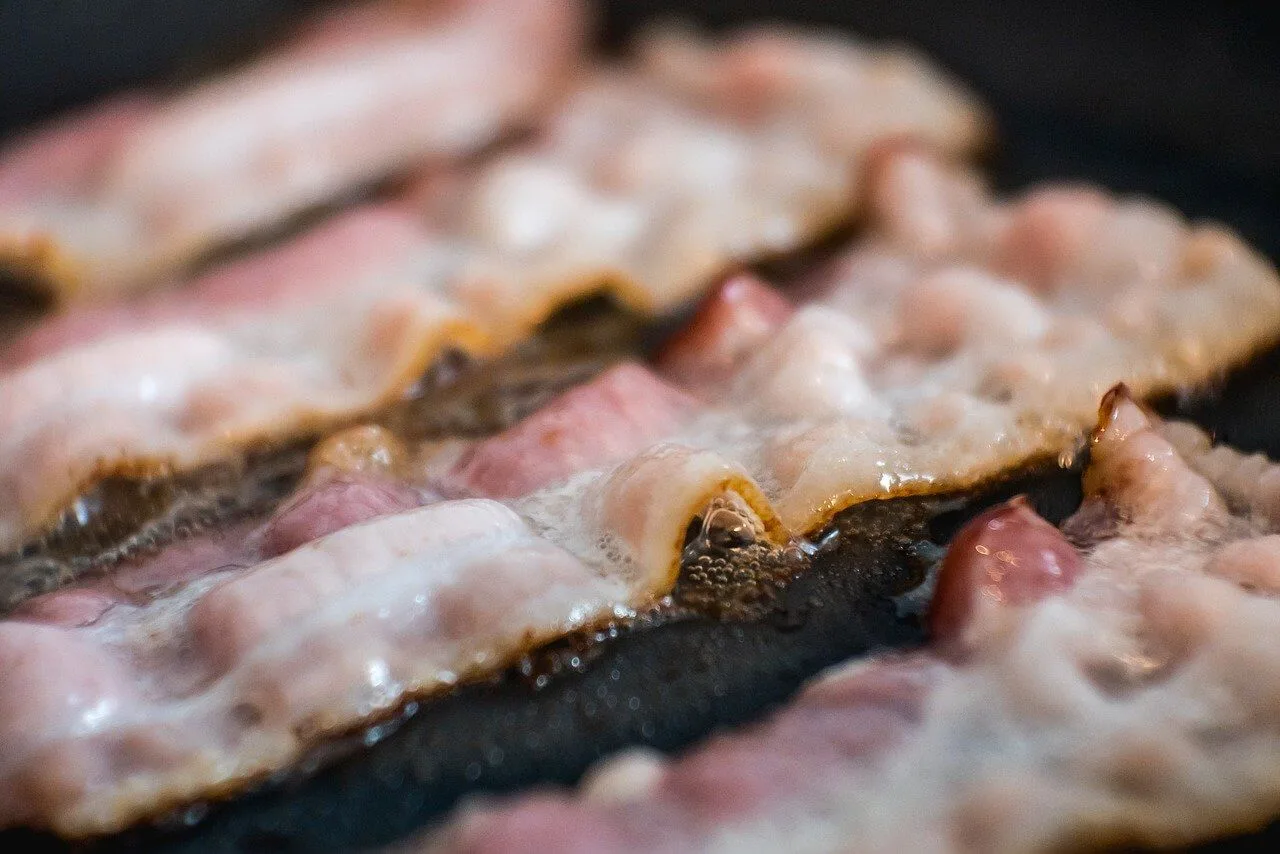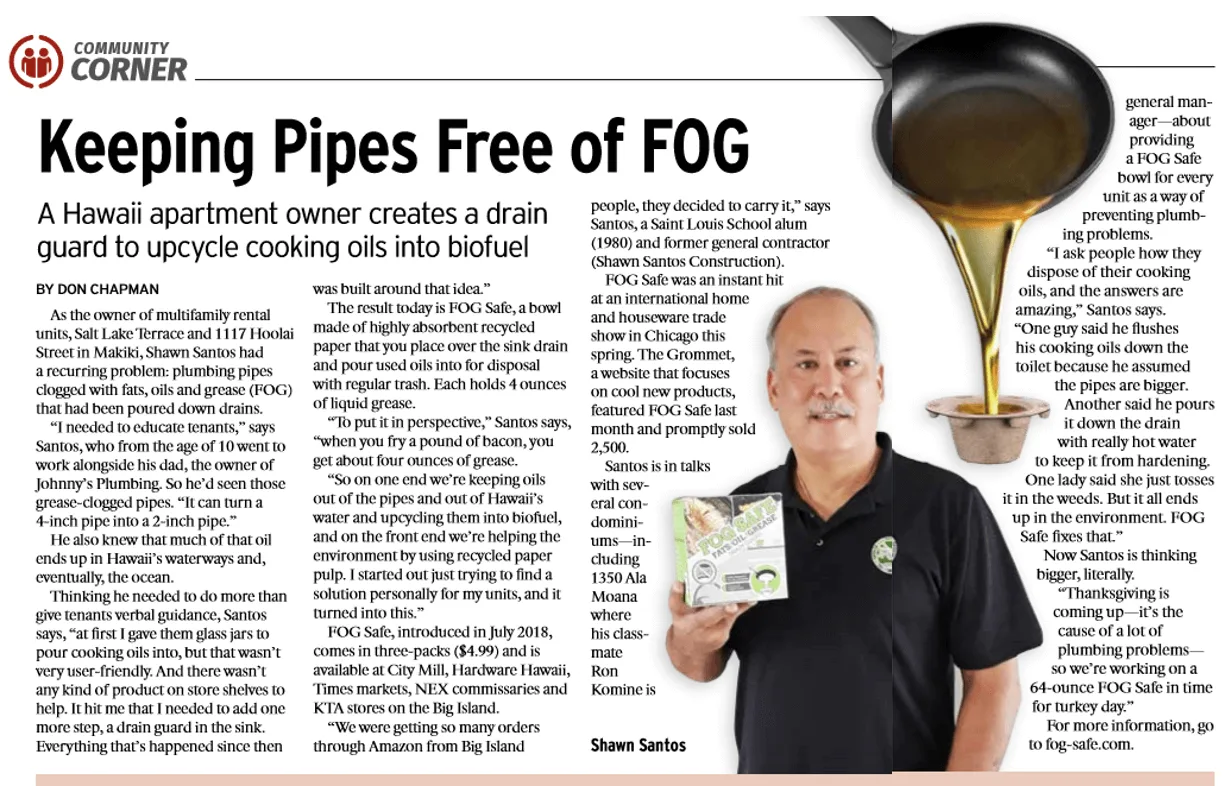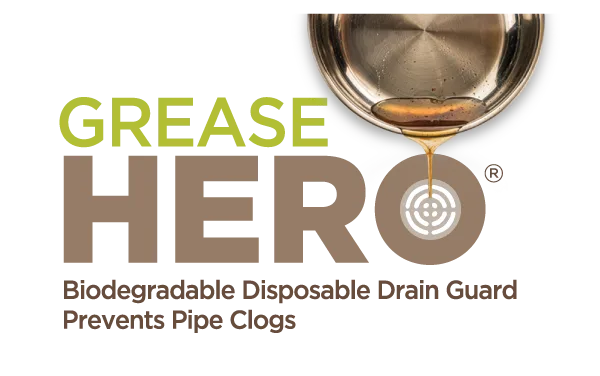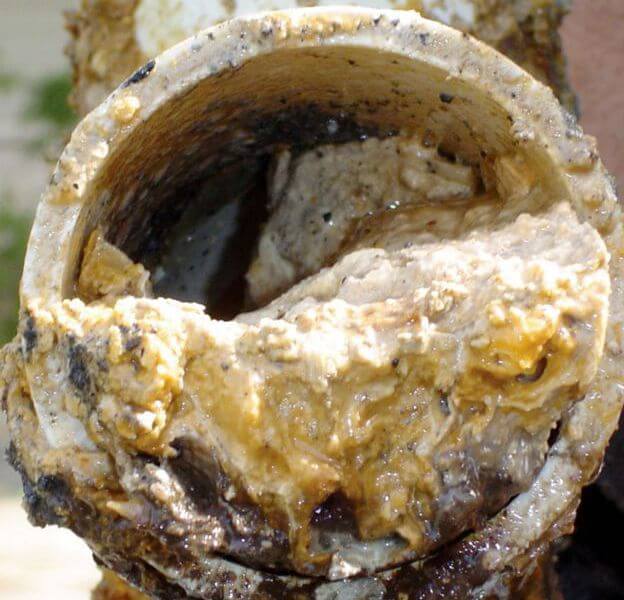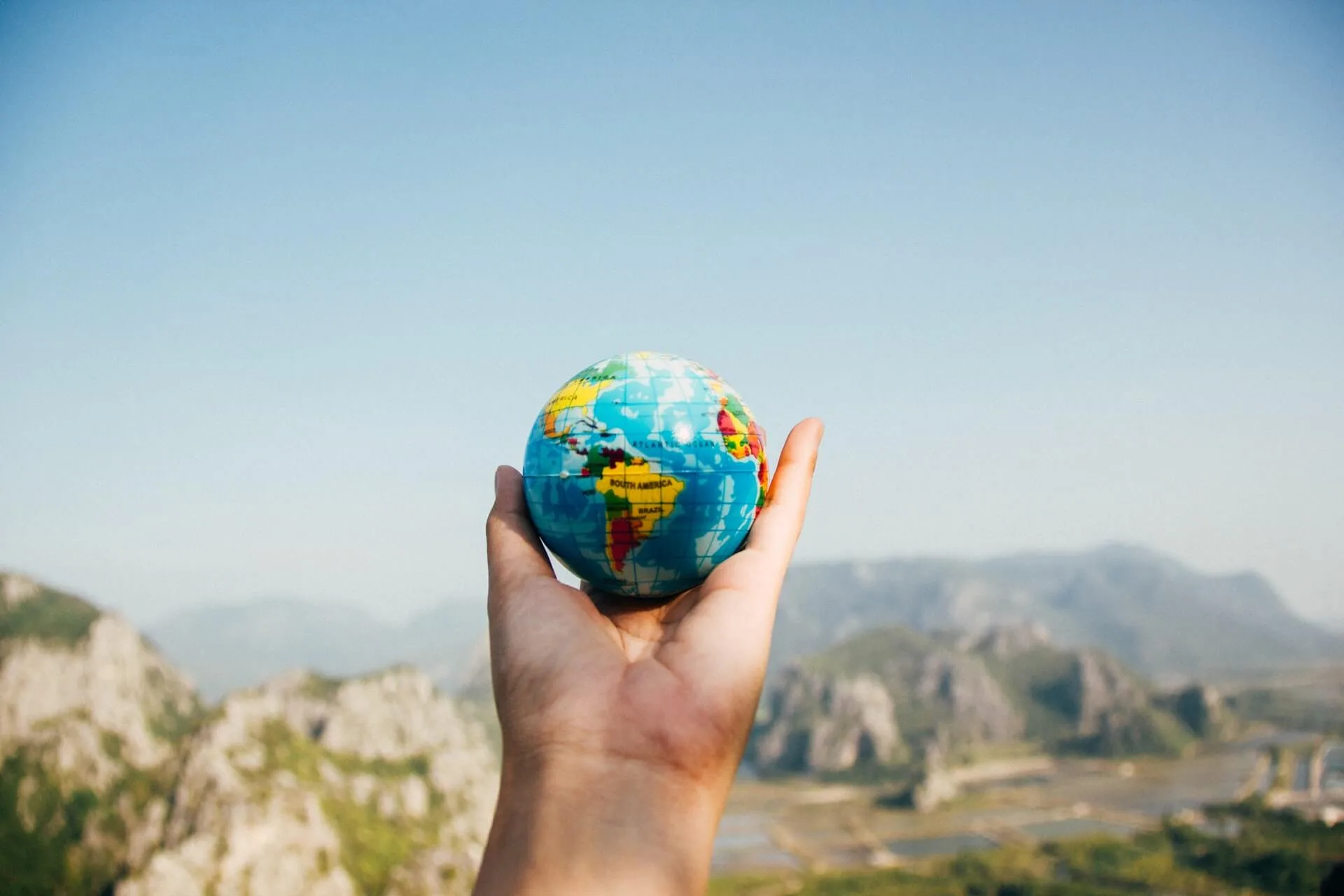Your cart is currently empty!
Tag: U.S. Environmental Protection Agency
-
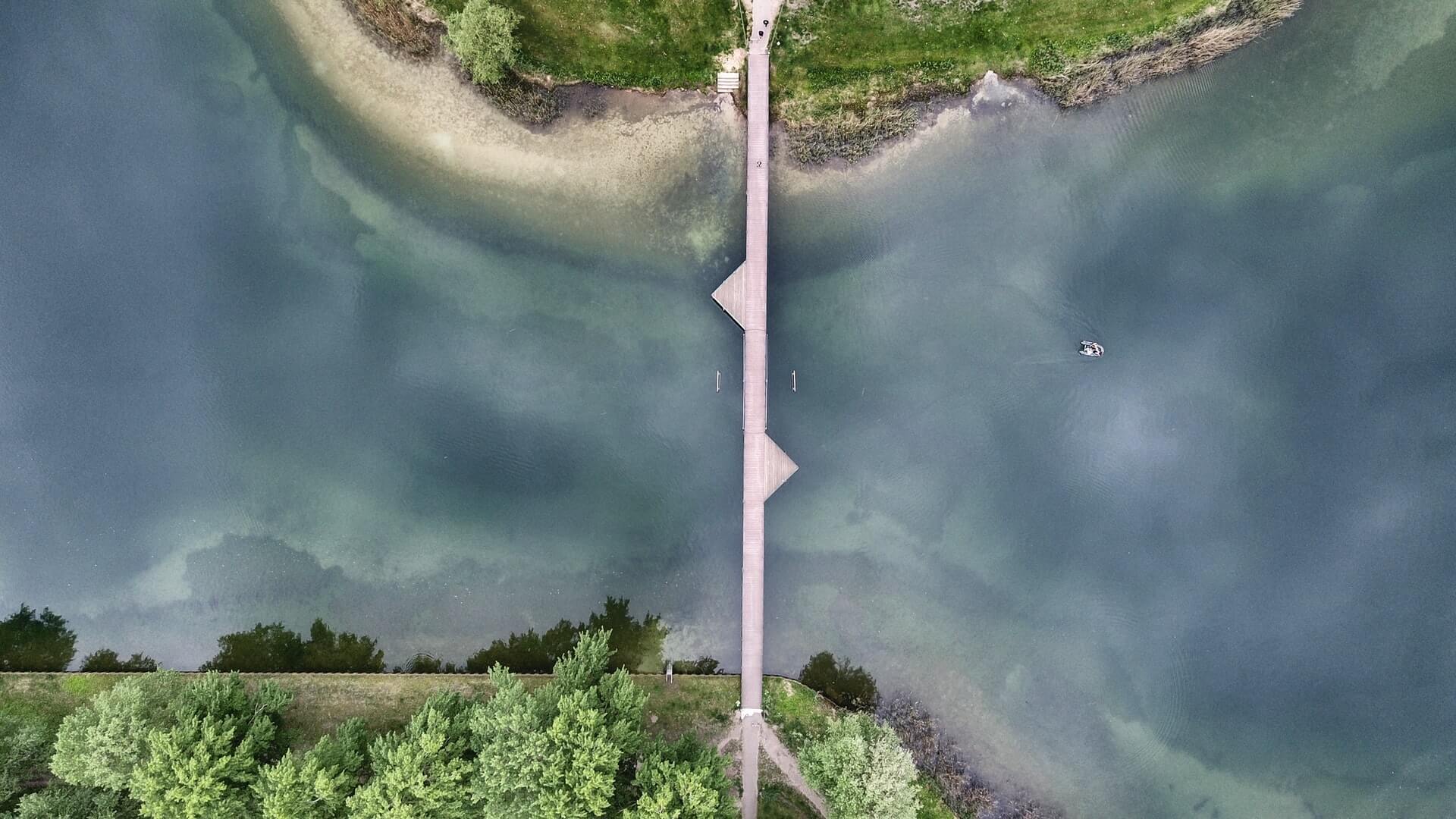
The Surprising Impact of Cooking Oil and Grease on Waterways
The Grease Hero was developed to reduce plumbing issues in the home while eliminating environmental pollution from cooking oil and grease in our waterways. When used cooking oil and grease enter local waterways, our clean water supplies, wildlife and food sources are compromised.
The EPA states that: animal fats and vegetable oils are regulated under 40 CFR 112, which has identical requirements for petroleum and non-petroleum oils. Petroleum oils, vegetable oils, and animal fats share common physical properties and produce similar environmental effects. Such as:
- Causing devastating physical effects, such as coating animals and plants with oil and suffocating them by oxygen depletion;
- Being toxic and forming toxic products;
- Destroying future and existing food supplies and animal habitats;
- Producing rancid odors;
- Foul shorelines, clog water treatment plants, and catch fire when ignition sources are present; and
- Form products that linger in the environment for many years.
Neighborhood Impact of Improper Cooking Oil and Grease Disposal
Whether you live in a city center or a suburb, the way you dispose of used cooking oil and grease matters. Rinsing a pan of cooking oil and grease down the kitchen sink might seem harmless enough to you. Many people probably do not even give it a second thought. However, disposing of cooking oil and grease this way creates major problems for you and your neighborhood.
The EPA estimates that American households improperly dump about 193 million gallons of used oil every year, or roughly the equivalent of 17 Exxon Valdez oil spills. (EPA)
For instance, if you rinse a pan of grease down your kitchen sink and all of your neighbors do the same thing after cooking a meal, that is a lot of cooking oil and grease making its way into your local sewer network. The cooking oil and grease rinsed down the sinks will adhere and coat the inside of the sewer and slowly begin to restrict the flow of wastewater. Once the wastewater is no longer able to pass through, it will have now where to go except back up into your homes, the neighborhood and nearby waterways.
Long-Term Impact on Waterways
When sewers overflow into the environment and waterways, the damage caused is not quickly repaired. Contaminants in the environment can look and smell pretty bad, but their impact goes beyond just aesthetics. Some pollutants resist breakdown and accumulate in the food chain. These pollutants can be consumed or absorbed by fish and wildlife, which in turn may be eaten by us. (NOAA)
From the EPA: A key concern with sewer overflows which enter rivers, lakes, streams, or brackish waters is their effect on water quality. When bodies of water cannot be used for drinking water, fishing, or recreation, society experiences an economic loss. Tourism and waterfront home values may fall. Fishing and shellfish harvesting may be restricted or halted. Sewer overflows can also close beaches.
We can all have a positive impact on our neighborhood and local waterways by properly disposing of cooking oil and grease after making a meal. Small and consistent actions by all of us can lead to real and tangible environmental change.
____
-
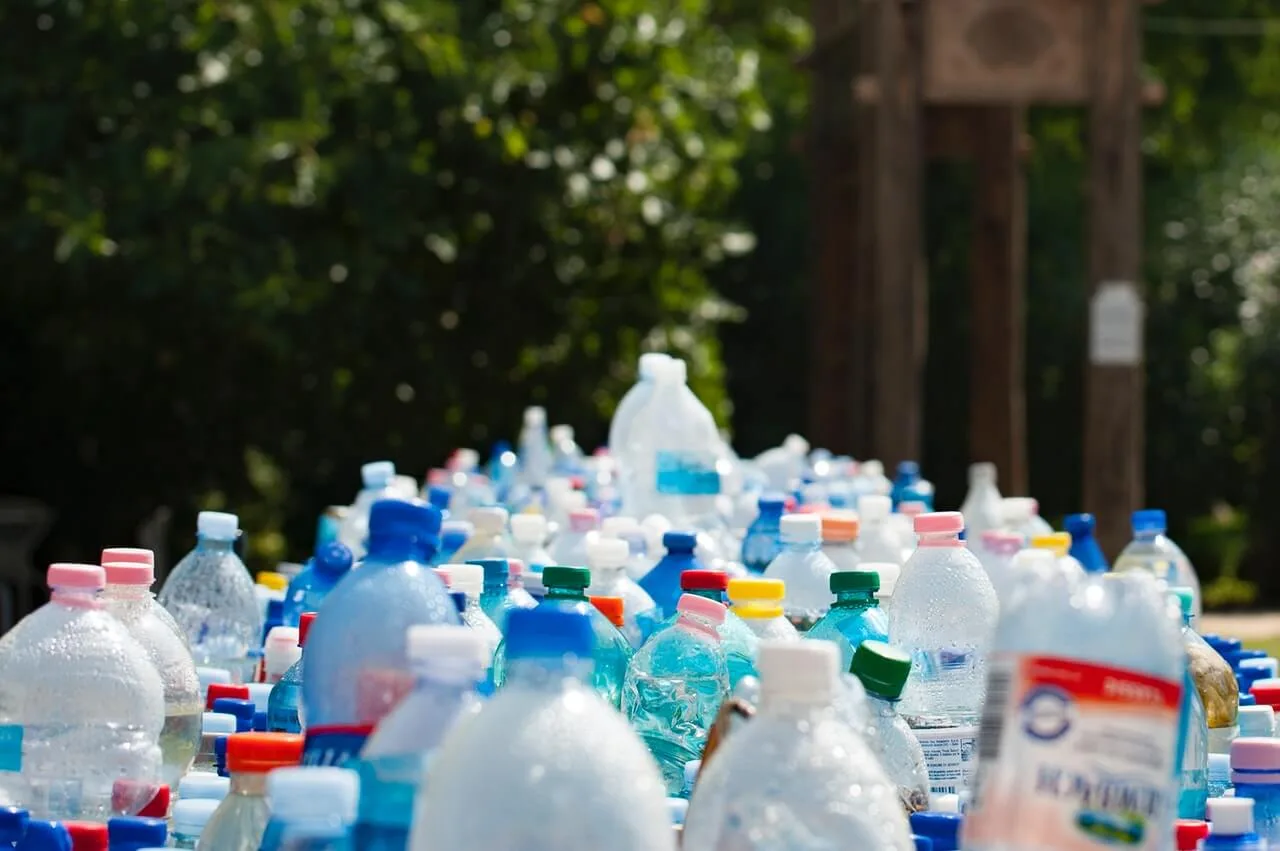
What is a Zero Waste Lifestyle?
Have you heard a lot about Zero Waste but aren’t quite sure what it entails? In this post we break down what a Zero Waste lifestyle is, how it helps the environment and ideas to help you get started.
What is ‘Zero Waste’?
Zero Waste is a movement to reduce the amount one consumes and consequently throws away. Zero Waste lifestyle choices influence all environmental areas by preventing resource extraction, reducing the amount of materials sent to the landfill or incinerator, and reducing pollution from producing, transporting, or disposing of materials. (Center for EcoTechnology)
Zero Waste defined by the County of Hawaii:
“Zero Waste” is a way of life that promotes the goal of reducing the amount of material we throw away and instead reincorporating by-products of one system for use for another system. There is no such thing as “waste” in Nature. In nature, the by-product of one system is feedstock for another system. Only humans have created this thing called “waste.” We can live this way again through small shifts in our daily activities. In this way, we greatly reduce our impact on Hawai’i Island’s natural environment, and how much rubbish we generate, protect Hawai’i Island’s natural environment, preserve our resources for future generations, and save our community tax dollars. (EPA.gov)
We have all seen the families that have perfected the Zero Waste lifestyle and are able to keep their entire waste for a year in a single glass jar. While we certainly applaud these efforts, for many of us, that just isn’t possible. However, by switching our mindset to reduce, reuse and upcycle we can certainly cut down the amount of waste we produce, which is beneficial for the environment.
How does a Zero Waste lifestyle benefit the environment?
A Zero Waste lifestyle conserves resources and minimizes pollution.
“The U.S. EPA has estimated roughly 42% of all greenhouse gas emissions are caused by the production and use of goods, including food, products and packaging. Reducing, reusing and recycling will conserve that energy and dramatically reduce our carbon emissions.” (Toronto Environmental Alliance)
This approach conserves natural resources and reduces pollution from extraction, manufacturing and disposal. Reducing and reusing means fewer products are made, as people buy less and as products are made to last. Recycling keeps waste out of landfills and incinerators and provides manufacturers with recycled instead of raw materials to make new goods.
How can I start living a Zero Waste lifestyle?
As with any lifestyle change, it’s always best to start slow. A simple way to kick off this new lifestyle mindset is to assess your current waste. What makes a lot of waste in your home? Start there and see how you can begin to minimize waste in this area.
You don’t need to go through your house and start clearing items that don’t fit a Zero Waste lifestyle. However, as your current items begin to run out, you can replace them with more eco-friendly alternatives. For example, ditch the plastic soap bottles for refillable glass ones.
- Pack your lunch for work.
- Brew coffee at home and use a reusable mug.
- Bring your own reusable bags to the store.
- Opt for no straws at the restaurant.
Small changes like the ones above will have you on your way to a more sustainable lifestyle. The goal of a Zero Waste lifestyle is to keep items out of landfills—donate, gift, upcycle and repurpose the items you already have.
____
Join Our Mission to save the environment and properly dispose of Fats, Oils, and Grease.
-
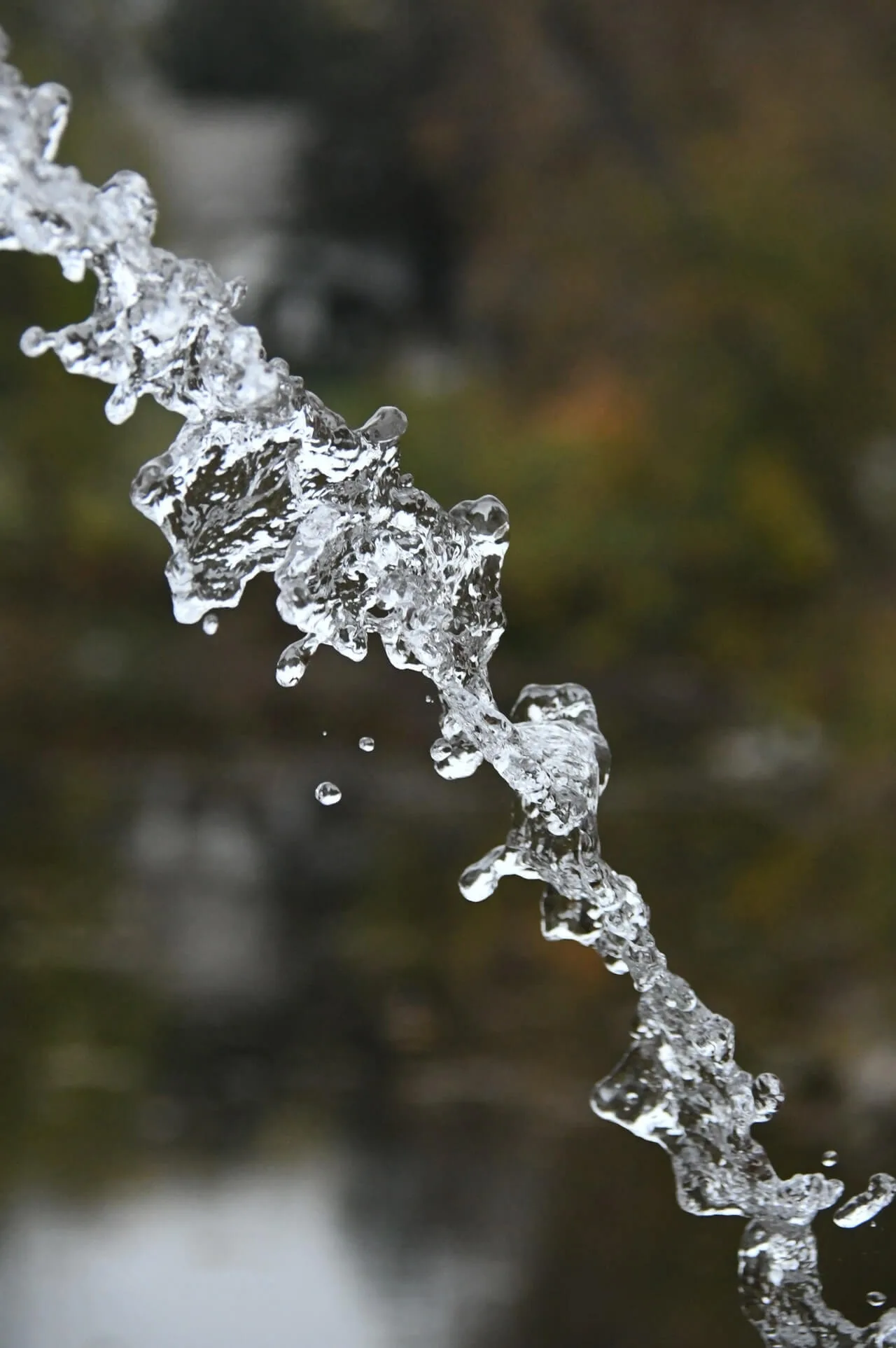
How Cooking Fats, Oils and Grease Damage the Environment
As fatbergs continue to make headlines, it’s clear that many people do not know how damaging cooking fats, oils and grease are to the environment. These cooking leftovers can wreak havoc on local eco-systems when they spill into the environment through sewer overflows. Before you rinse that pan of bacon grease down the kitchen sink drain here are three things to consider.
Life-Threatening Illnesses
From the EPA: Raw sewage contains disease-causing pathogens, including viruses, bacteria, worms, and protozoa. Diseases resulting from enteric pathogens range from stomach flu and upper respiratory infections to potentially life-threatening illnesses such as cholera, dysentery, Hepatitis B, and cryptosporidiosis.
When sewer overflows contaminate public places and waters, people can be put at risk of exposure to the untreated sewage when: Drinking from a contaminated community water supply, eating contaminated fish or shellfish and swimming in contaminated open water.
Damaging Long-Term Effects
The EPA states that: Animal fats and vegetable oils are regulated under 40 CFR 112, which has identical requirements for petroleum and non-petroleum oils. Petroleum oils, vegetable oils, and animal fats share common physical properties and produce similar environmental effects. Like petroleum oils, vegetable oils and animal fats and their constituents can:
- Cause devastating physical effects, such as coating animals and plants with oil and suffocating them by oxygen depletion;
- Be toxic and form toxic products;
- Destroy future and existing food supplies, breeding animals, and habitats;
- Produce rancid odors;
- Foul shorelines, clog water treatment plants, and catch fire when ignition sources are present; and
- Form products that linger in the environment for many years.
Toxic for Humans and Wildlife
Contaminants in the environment can look and smell pretty bad, but their impact goes beyond just aesthetics. Some pollutants resist breakdown and accumulate in the food chain. These pollutants can be consumed or absorbed by fish and wildlife, which in turn may be eaten by us. Chemicals can also get into sediments, impacting large coastal areas, threatening human health, and reducing the economic well-being of regions that depend on a healthy coastal environment (NOAA).
Now imagine a neighborhood full of people all rinsing a pan of grease down the sink, that grease coats the sewer restricting water flow, forms a fatberg and then sends sewage into the environment through an overflow. While cooking fats, oils and grease seem harmless enough when you are cooking, improper disposal of them can have lasting negative effects.
The Grease Hero
The Grease Hero is a convenient and hassle-free way of disposing of cooking fats, oils and grease after cooking a meal. The drain guard is made of recycled materials and quickly absorbs the fats, oils and grease that you pour into it directly from your cooking pan. You then simply dispose of the entire Grease Hero drain guard into your trash. This keeps that harmful cooking oil and grease contaminants out of your plumbing, city sewers and the environment.
____
Join Our Mission to save the environment and properly dispose of Fats, Oils, and Grease.
-
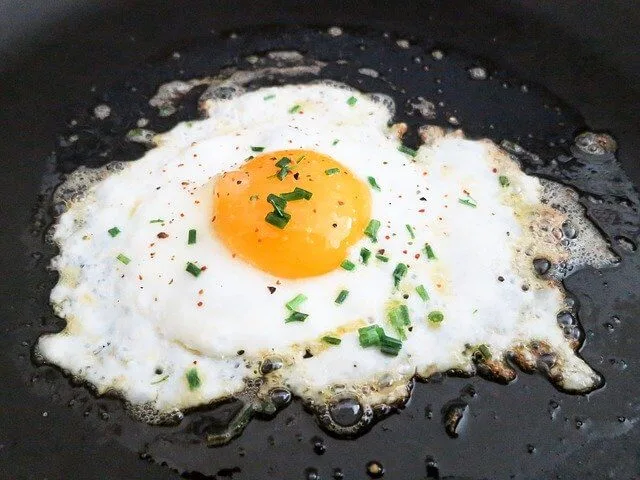
Fatbergs — A Major Environmental Issue
Fatbergs are making the news at an alarming speed, which shows how big of an environmental issue they really are. These sewer ‘monsters’ are comprised of fats, oils, grease, wet wipes and hundreds of other hygienic and illicit items that should not be put down drains or flushed. Fatbergs grow quickly and quietly under our feet and we don’t even know they are a problem until there is a sewer backup.
Fatbergs Making News
Last week Thames Water in London found “two huge fatbergs together weighing almost 100 tonnes and threatening to cause floods in homes and businesses over Christmas.” (The Guardian) Thames Water reports that they clear “about 75,000 blockages from its network of sewers each year, at a cost of £18m ($23.4M). The bulk are caused by cooking fats and oils, which congeal in the sewers forming a thick layer around the pipe. This prevents sewage from flowing and can cause it to back up, especially when products containing plastic – wet wipes, sanitary items and even nappies – mix with the fat and set hard, forming fatbergs”. (The Guardian)
In the United States, a fatberg flooded 300 homes in New York City. It pushed human waste into approximately 300 homes causing extensive damage and displacing families right after the Thanksgiving holiday. Around the holidays people tend to rinse coking fats, oils and grease down their kitchen sink drain at an alarming rate, which leads to sewer blockages and overflows. This year New York City started a fatberg campaign and said that “the city spends approximately $18.8 million a year to degrease the sewers, deal with damage caused by sewer backups, and repair plant equipment and transport those items to landfill.
Smaller cities are also experiencing the financial burden of fatbergs, Detroit recently cleared a single 100-foot long fatberg found in an 11-foot diameter pipe at a cost of $100,000.
Fatbergs Damage Homes and Environment
A sewer overflow back into homes causes extensive property damage. Additionally, if the sewer pipe is on private property, you are responsible for all of the cleanup costs.
When a sewer backs-up, spills, and overflows, the delicate ecosystem is damaged and our waterways become contaminated. Blockages cause sewers to overflow. The EPA reports that there are between 23,000 and 75,000 U.S. sanitary sewer overflows a year, discharging up to 10 billion gallons of raw sewage (Business Insider).
Contaminants in the environment can look and smell pretty bad, but their impact goes beyond just aesthetics. Some pollutants resist breakdown and accumulate in the food chain. These pollutants can be consumed or absorbed by fish and wildlife, which in turn may be eaten by us. Chemicals can also get into sediments, impacting large coastal areas, threatening human health, and reducing the economic well-being of regions that depend on a healthy coastal environment (NOAA).
Don’t feed the fatberg! Fatbergs are a modern day environmental issue that we all need to work on addressing. By properly disposing of all cooking fats, oils and grease you help keep fatbergs and sewer overflows at bay.
____
Join Our Mission to save the environment and properly dispose of Fats, Oils, and Grease.
-
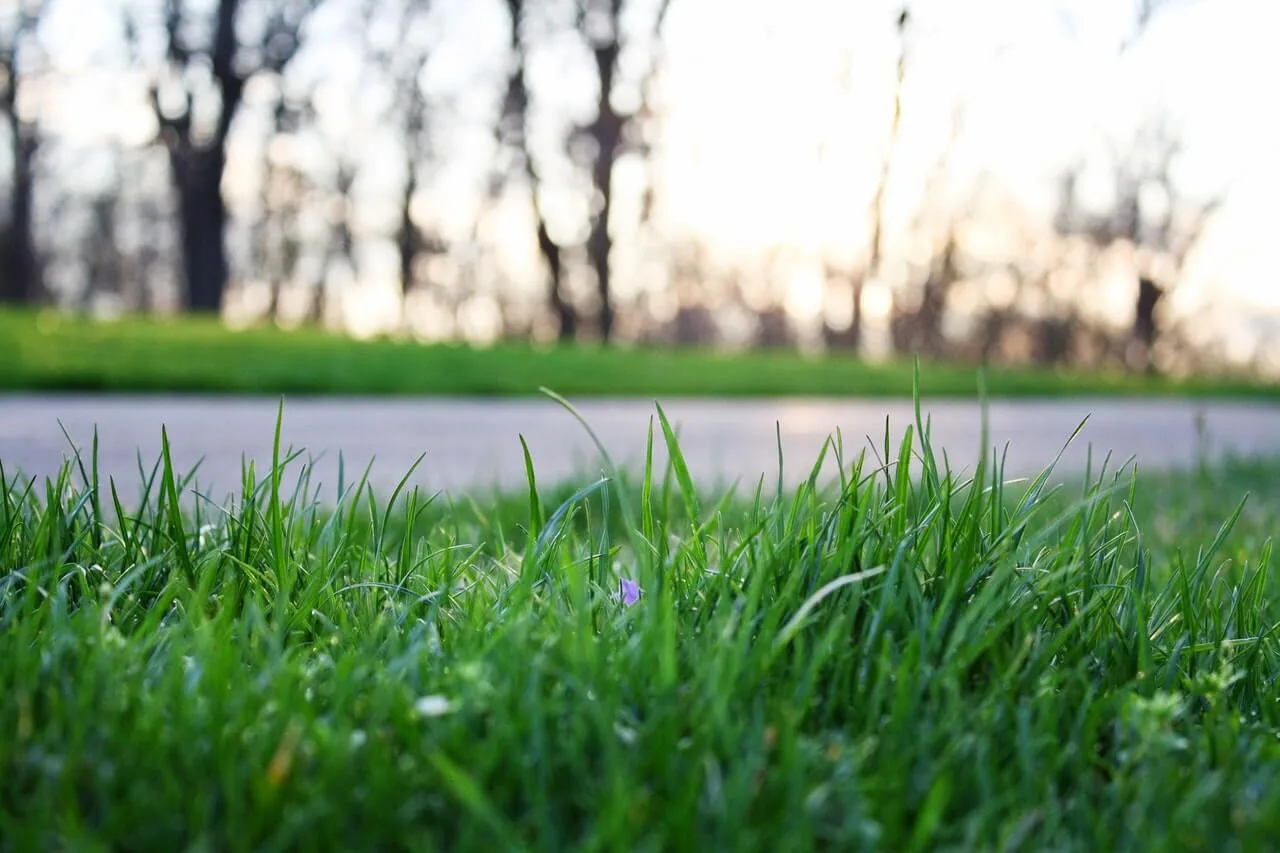
Start Living an Eco-Friendly Lifestyle Today
 Living an eco-friendly lifestyle can start today. As the year winds downs, people start looking forward to the year ahead—setting goals, making plans and developing their New Years resolutions. If you are thinking about living a more sustainable and eco-friendly lifestyle in the New Year, why wait? Below are three reasons why you should get started on that goal today.
Living an eco-friendly lifestyle can start today. As the year winds downs, people start looking forward to the year ahead—setting goals, making plans and developing their New Years resolutions. If you are thinking about living a more sustainable and eco-friendly lifestyle in the New Year, why wait? Below are three reasons why you should get started on that goal today.Our Planet Earth
The health of our planet doesn’t wait for the new year—it needs our help now. Environmental pollution, plastic pollution and global warming are all having an effect on our planet and can be felt in our daily lives.
The EPA estimates that 65 percent of sewer spills are caused by fats, oils and grease.
Plastic bags make up more than 10% of washed-up debris that pollute the U.S. coastline; an estimated one million birds, 100,000 turtles, and countless other sea animals die each year from ingesting plastic.
Great Holiday Specials
There are great deals to be had on many home products this time of year. Black Friday and Cyber Monday deals are great, but they don’t end on those two days—shoppers can find some amazing deals all year long.
Looking to make a quick lifestyle change? You can cut down on your plastic pollution with reusable product bags, beeswax reusable food storage wraps and glass food containers. The Grease Hero makes it easy to cut down on pollution in your own neighborhood by helping you properly dispose of cooking fats, oils and grease. The Grease Hero is made from recycled material and is easy to incorporate into your kitchen cleaning routine.
Behavior and Attitude Shifts
If you change your mindset now, living an eco-friendly lifestyle in the New Year won’t seem like such a challenging task. Start by making small behavior changes today, so that you are setting yourself up for success. We understand that big lifestyle changes can be overwhelming, but if you start small and really incorporate the small changes daily, you will have a big impact on your local environment and work yourself up to those larger goals.
Simple changes to your daily routine can have profound impacts on the environment.
____
Join Our Mission to save the environment and properly dispose of Fats, Oils, and Grease.
-

Cooking Grease Disposal Myths Debunked
We are debunking three common cooking oil and grease disposal myths and shining a light on how to responsibly dispose of them. There is a great deal of information swirling around the internet regarding proper disposal of cooking fats, oils and grease (commonly referred to as FOG). It is the time of year where cities start to remind people that FOG should never be rinsed down the kitchen sink. No matter how much hot water or soap you squirt down the drain, you are only setting the stage for a major plumbing issue in your home.
Myth 1: If it is a liquid at room temperature it is alright to pour down the drain.
Cooking oil, such as canola and olive float, on water and adhere to the plumbing in your home and sewer pipes. It is best to avoid pouring oil down the drain altogether to keep sewage problems at bay.
Myth 2: Using the garbage disposal will help dispose of the oil and grease.
A garbage disposal is only equipped to grind up food particles before passing them into your sewer pipes. Rinsing oil and grease down the kitchen sink drain, and sending food particles down the drain as well, means that the food is now sticking to the inside of your plumbing and will create a foul odor while building up and turning into a clogged pipe.
Myth 3: Using soap and hot water will help keep my pipes clear.
This is one of the most prominent myths out there. Soap and hot water will not keep your drains clear. Hot water quickly cools in your plumbing and the oil and grease will only float on the surface of it while adhering to your plumbing. Soap loses its effectiveness very quickly and allows grease to congeal to your pipes.
Eco-Friendly Grease Disposal Method: The Grease Hero
The Grease Hero is a convenient and hassle-free way of disposing of cooking fats, oils and grease after cooking a meal. The drain guard is made of recycled materials and quickly absorbs the fats, oils and grease that you pour into it directly from your cooking pan. You then simply dispose of the entire drain guard into your trash. This keeps that harmful FOG contaminants out of your plumbing, city sewers and the environment.
____
Join Our Mission to save the environment and properly dispose of Fats, Oils, and Grease.
-

Grease Hero Featured in Building Management Hawaii
The Grease Hero is featured in the September issue of Building Management Hawaii. In this piece Shawn Santos, Owner and Inventor of the Grease Hero, gives a peek behind the scenes of the company as well as insight into the direction it is headed.
The Initial Idea for the Grease Hero
The Grease Hero built out of a personal need—Shawn Santos, owner of multifamily rental units, had a recurring problem: plumbing pipes clogged with fats, oils and grease (FOG) that had been poured down drains; “I needed to educate tenants.” His father was a plumber and from a young age Shawn tagged along with him on his various plumbing calls, with this hands-on education he had extensive knowledge on the issues and dangers of grease-clogged pipes. “It can turn a 4-inch pipe into a 2-inch pipe.”
He also knew that much of that oil ends up in Hawaii’s waterways and, eventually, the ocean.
The Mission: Protecting the Environment
The Grease Hero was developed to help people properly dispose of cooking fats, oils and grease (FOG); however, protecting the environment has always been the mission. FOG clogs are dangerous for both people and animals. When FOG makes its way into waterways, lakes, streams, fresh water supplies and the ocean through raw sewage overflows we are all at risk.
When sewage overflows contaminate public places and waters, people can be put at risk of exposure to the untreated sewage when drinking from a contaminated community water supply, eating contaminated fish or shellfish and swimming in contaminated open water.
Aside from health risks to humans – animals and ecosystems are also put in danger by sewage overflows. A key concern with sewage overflows that enter rivers, lakes, streams, or wetlands is their effect on water quality. The environmental impacts of sewage include hypoxia, harmful algal blooms, habitat degradation, floating debris, and impacts to threatened or endangered species. According to the U.S. Fish and Wildlife Service, more than 50% of threatened and endangered species are water-dependent.
The Grease Hero
Thinking he needed to do more than give tenants verbal guidance, Shawn says, “at first I gave them glass jars to pour cooking oils into, but that wasn’t very user-friendly. And there wasn’t any kind of product on store shelves to help. It hit me that I needed to add one more step, a drain guard in the sink. Everything that’s happened since then was built around that idea.” The result today is the Grease Hero, a bowl made of highly absorbent recycled paper that you place over the sink drain and pour used oils into for disposal with regular trash. Each holds 4 ounces of liquid grease.
“On one end we’re keeping oils out of the pipes and out of Hawaii’s water and upcycling them into biofuel, and on the front end we’re helping the environment by using recycled paper pulp. I started out just trying to find a solution personally for my units, and it turned into this.”
(Building Management Magazine)
Thinking Bigger
Currently the Grease Hero comes in packs of three and each drain guard holds 4 ounces of fats, oils and grease. To put it into perspective, four ounces is approximately the amount of grease you are left with after frying a pound of bacon. However, with the holiday cooking season just around the corner, Shawn is focusing on building a 64-ounce drain guard to keep those turkey drippings out of homes’ plumbing, city sewers and the environment.
Pick up an issue of Building Management Hawaii today to read the full article.
____
Join Our Mission to save the environment and properly dispose of Fats, Oils, and Grease.
-

Grease Hero Wholesale Availability
With the steady rise in fatbergs around the globe, and subsequent financial costs and environmental damage, we have made the Grease Hero available for wholesale purchasing. The growing need for consumers to have an environmentally responsible way to dispose of their cooking fats, oils and grease is the reason Grease Hero started, and in order to continue our mission of helping keep these contaminants out of the environment, we saw a need to offer a wholesale option.
Rental owners, property managers, hotel management and RV rental owners now have an option when it comes to helping reduce the number of clogged pipes they deal with, and in turn, help city sewers stay clear of fatbergs. Clogged pipes and sewer backups don’t just affect one apartment, one condo, one home—they effect entire buildings and neighborhoods. When raw sewage is no longer able to pass through a drainpipe, it backs up into sinks, showers, bathtubs and basements, creating major health issues and incurring financial costs for cleanup.
Sewage Overflows Cause Major Property Damage
From the EPA: An untold number of private basement backups occur each year. In addition to the problem of human exposure, these spills can cause structural damage to building frames and foundations as well as water damage to electrical and gas appliances that are typically located in the basement. They can also damage or destroy floor and wall coverings as well as personal property. The costs to repair damage and disinfect the area can grow into the thousands and are not typically covered by insurance.
The EPA estimates that 65 percent of all sewer spills are caused by fats, oils and grease.
Sewer overflows frequently spill into yards, damaging landscaping, driveways, and outside possessions. Municipal property damage from a major sewer overflow can be severe. Communities pay billions per year to clean up and repair overflow damage to sewer infrastructure, roads and other transportation assets, parks and recreation areas, and municipal water supplies and treatment facilities.
By properly disposing of fats, oils and grease we can help minimize the amount and severity of sewage overflows and have a long-term positive impact on not only our own home’s plumbing and city sewer systems, but the environment as well.
The Grease Hero
The Grease Hero is designed to be placed into the top of your kitchen drain or on your countertop. You can quickly and easily pour the used cooking fat, oil or grease (FOG) into it, and then promptly dispose of the entire drain guard, instead of rinsing these harmful contaminants down the kitchen sink. Our Grease Hero is made with recyclable materials to absorb the fats, oils and grease and can be thrown out with your regular garbage.
____
Join Our Mission to save the environment and properly dispose of Fats, Oils, and Grease.
-

Fatbergs: What are you doing to help?
It is no secret that cities around the globe are experiencing a rise in fatbergs within city sewers. These sewer ‘monsters’ are comprised of fats, oils, grease, wet wipes and hundreds of other hygienic and illicit items that should not be put down drains or flushed. Once a fatberg begins to form it quickly grows and can soon block an entire section of sewer.
The Financial Burden of Fatbergs
New York City recently started a fatberg campaign and said that “the city spends approximately $18.8 million a year to degrease the sewers, deal with damage caused by sewer backups, and repair plant equipment and transport those items to landfill. As these costs increase, it will also increase water and sewer rates (NYC)”. While London, spends $19 to $63 million (£15 and £50 million) annually removing fatbergs from city sewers. Smaller cities are also experiencing the financial burden of fatbergs, Detroit recently cleared a single 100-foot long fatberg found in an 11-foot diameter pipe at a cost of $100,000.
While cities are paying to deal with fatbergs growing beneath our feet, these costs are pushed on to residents through their water and sewer bills. Your wallet is feeling the effects of fatbergs.
Environmental Damage from Fatbergs
While it is relatively easy to calculate the cost of domestic fatberg removal, it is not as easy to calculate the cost of the environmental damage that occurs when sewers overflow. Fatbergs clog sewers and restrict the flow of waste, when a sewer line is too restricted, that raw sewage can flow into homes, streets, neighborhoods, rivers, lakes and oceans through manholes and street drains. The EPA estimates that 65 percent of all sewer spills are caused by fats, oils and grease.
Once this raw sewage finds its way out of the sewer, it doesn’t take long for it to run into our clean water supply. The environmental and health implications can be disastrous.
How are you helping eliminate fatbergs?
So now we ask, what are you doing to help stop fatbergs? Have you taken notice of what is happening and decided to stop rinsing cooking grease and oil down your kitchen sink drain? Have you stop flushing wet wipes down the toilet? Are you being mindful of how your actions effect not only you but your neighbors and the local environment as well? Have you taken the time to help educate others? A small change in your kitchen routine and bathroom behavior can make a positive and noticeable impact on the size and frequency of fatbergs. We all have the power to help.
The GreaseHero
The GreaseHero is designed to be placed into the top of your kitchen drain or on your countertop. You can quickly and easily pour the used cooking fat, oil or grease (FOG) into it, and then promptly dispose of the entire drain guard, instead of rinsing these harmful contaminants down the kitchen sink. Our GreaseHero is made with recyclable materials to absorb the fats, oils and grease and can be thrown out with your regular garbage.
____
Join Our Mission to save the environment and properly dispose of Fats, Oils, and Grease.
-

Celebrate Earth Day 2019 — Tips & Ideas
The official theme for Earth Day 2019 is, “Protect Our Species”. It is a day to reflect on where we are environmentally, how our planet is doing and how we can help improve our environment for generations to come. “All living things have an intrinsic value, and each plays a unique role in the complex web of life. We must work together to protect endangered and threatened species: bees, coral reefs, elephants, giraffes, insects, whales and more.”
Below are tips and ideas on how you can make a difference on Earth Day, and every day throughout the year. These small acts will help reduce your carbon footprint and lessen your impact on the environment.
Earth Day Tips & Ideas
- Properly dispose of all fats, oils and grease after cooking a meal.
- Join a local park or beach clean-up.
- Use environmentally-friendly, non-toxic cleaning products.
- Plant a tree.
- Carpool, ride your bike, use public transportation or drive an electric or hybrid car.
- Stop using disposable plastics, especially single-use plastics like bottles, bags and straws.
- Recycle paper, plastic and glass.
- Change your paper bills to online billing. You’ll be saving trees and the fuel it takes to deliver your bills by truck.
- Read documents online instead of printing them.
- When you need to use paper, make sure it’s 100% post-consumer recycled paper.
- Use reusable bottles for water, and reusable mugs for coffee.
- Bring reusable bags when you shop.
- Compost kitchen scraps for use in your garden — turning waste into fertilizer.
- Fix leaky faucets and shower-heads.
- Turn off lights when you leave a room.
- Use energy-efficient appliances and electronics.
Looking for additional ideas on how you can help our planet this Earth Day? Head to the “Tips” area of the Earth Day Network website.
Please join our mission to protect the environment. Each time you opt for a GreaseHero, instead of rinsing cooking oil and grease down the drain, you are helping protect our clean water supplies and oceans.
Living a sustainable lifestyle is easier than you might think. Simple changes to your daily routine can have profound impacts on the environment. There is no “Planet B”, so let’s work together to protect our species and environment.
Let us know how you plan on celebrating Earth Day in the comment area below.
____
Join Our Mission to save the environment and properly dispose of Fats, Oils, and Grease.
